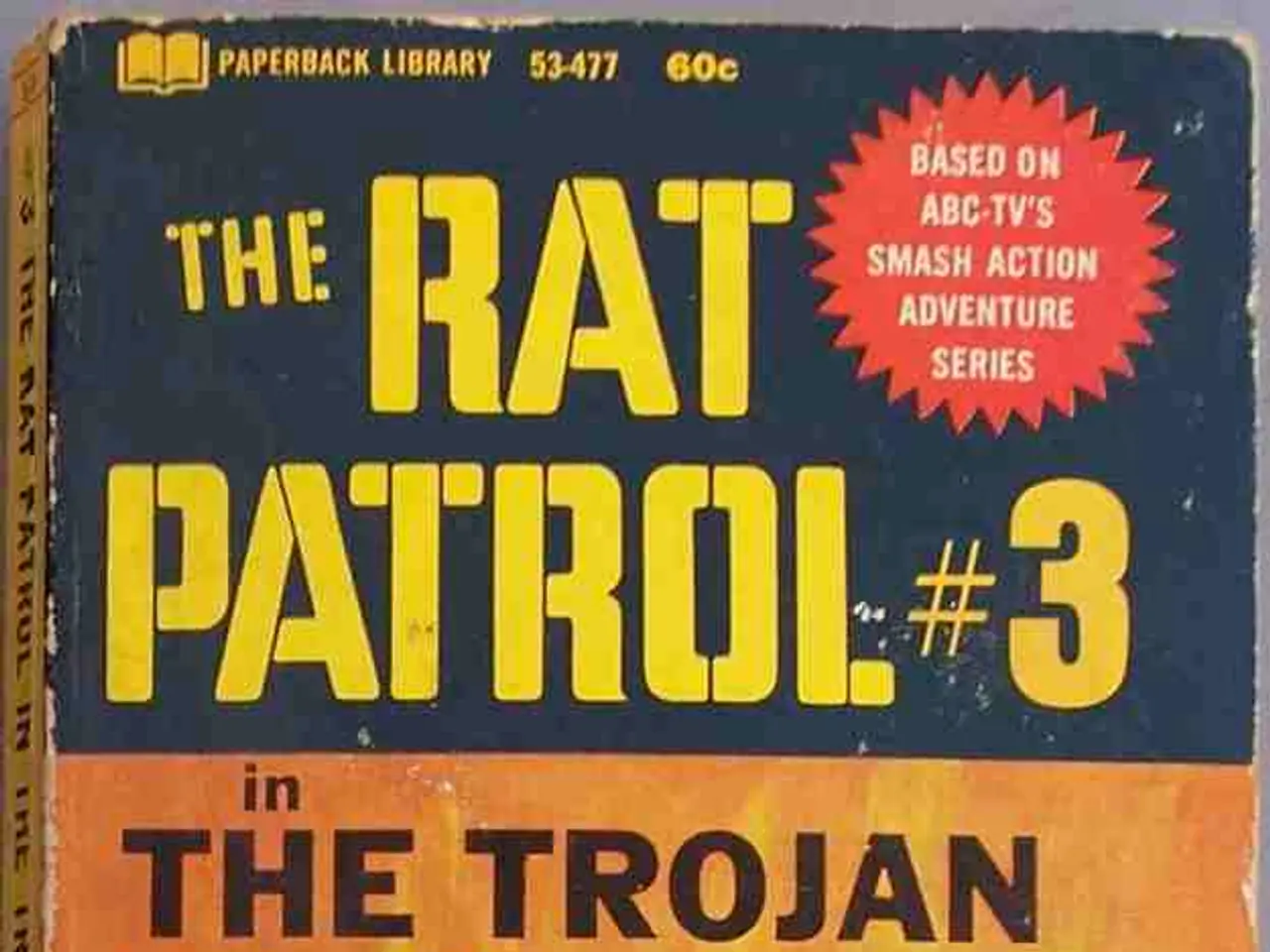Trump-Putin Summit Faces Criticism for Supposed Concessions to Russia by FDP
In the context of a recent meeting between the U.S. and Russia in Alaska, European politicians have voiced their concerns about a potential policy of concessions towards Russia, drawing parallels with the appeasement policy of British Prime Minister Neville Chamberlain towards Nazi Germany in the late 1930s.
Marie-Agnes Strack-Zimmermann, a politician from the Free Democratic Party (FDP), warned against a policy of appeasement towards Russia, stating that the Russian invasion of Ukraine should not be "frozen", as it would be a historical and geopolitical mistake. She called for a European politician as clear as Winston Churchill, contrasting him with Chamberlain who pursued an appeasement policy towards Nazi Germany.
Strack-Zimmermann further argued that de facto Russian territories could emerge from a frozen conflict, even if they are not recognized de jure under international law. She stressed that such a scenario could send a signal to every scoundrel in the world that they can achieve their goals through prolonged conflict.
Anton Hofreiter, chairman of the European Affairs Committee of the Bundestag, proposed that NATO should open a clear, binding path to membership for Ukraine. He suggested that it is in Germany's security interest that Ukraine does not lose the war against Russia. Hofreiter also called for increased humanitarian, financial, and military support for Ukraine, regardless of the meeting in Alaska.
Jürgen Hardt, foreign policy spokesman for the CDU/CSU parliamentary group, stated that there can be no territorial negotiations about or without Ukraine. He also emphasised that there can be no negotiations on European security without Europeans.
The historical parallel between Chamberlain's appeasement policy in the late 1930s and the current European-Russian relations concerning Ukraine centers on the attempt to avoid war through negotiation and concessions, which critics argue enabled further aggression instead of deterring it. Both cases involved efforts by leaders to negotiate with an aggressive power (Hitler then, Putin now) with the hope of securing peace, but these efforts ultimately failed as the aggressors continued their territorial expansions.
The Munich Agreement of 1938, which forced the cession of the Sudetenland from Czechoslovakia to Germany, is often cited as an example of the dangers of appeasement. Similarly, current attempts at diplomatic engagement with Russia over Ukraine, such as meetings involving Western leaders and Putin, have drawn comparisons to Chamberlain's approach. Critics highlight that promises or assurances obtained were weak or nonexistent and that Russia's prior invasions of Ukraine—along with its continued war efforts—mirror Hitler's repeated territorial demands and breaches of agreements.
In summary, the essence of the parallel is that a policy focused on appeasing an aggressive autocrat through concessions and negotiations without firm enforcement risks emboldening that actor, rather than securing lasting peace, a lesson drawn from Chamberlain’s 1930s policy toward Hitler and reflected in contemporary European responses to Russian aggression in Ukraine.
[1] Munich Agreement (1938), Encyclopædia Britannica, https://www.britannica.com/event/Munich-Agreement [2] Trump-Putin Summit: What Happened in Helsinki?, Council on Foreign Relations, https://www.cfr.org/backgrounder/trump-putin-summit-what-happened-helsinki [3] Neville Chamberlain, Encyclopædia Britannica, https://www.britannica.com/biography/Neville-Chamberlain
Read also:
- Weekly happenings in the German Federal Parliament (Bundestag)
- Southwest region's most popular posts, accompanied by an inquiry:
- Discussion between Putin and Trump in Alaska could potentially overshadow Ukraine's concerns
- Massive 8.8 earthquake hits off the coast of Russia's Kamchatka Peninsula, prompting Japan to issue a tsunami alert.








